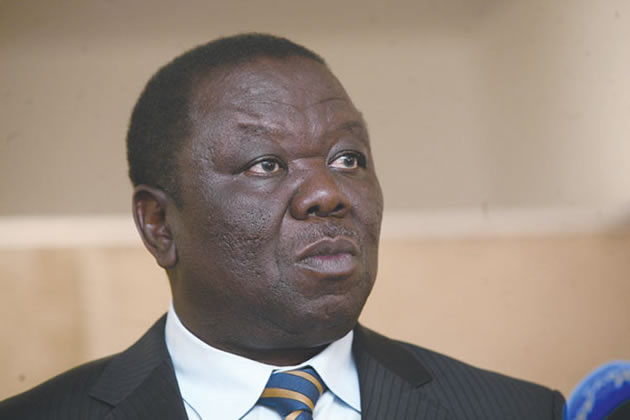Editorial Comment: Let’s be proactive on non-communicable diseases

MDC-T leader Morgan Tsvangirai’s sharing news of his affliction with colon cancer has once again brought to the fore the need for the nation’s health delivery system to urgently gear for non-communicable or lifestyle diseases which have overtaken HIV and Aids as silent killers.
Many figures across the political divide have battled or succumbed to the illness. Late arts practitioners Pretty Xaba and Paul Brickhill lost their fights against cancer. Thousands other less well-known individuals are going through the challenge in all corners of the country. Diseases know no political, social or economic divide. It is a national problem that must be confronted for the good of all.
It is no longer enough to just talk about it. We are pleased to note that a few corporate players have become invested in the cause through promoting health-seeking behaviours through wellness campaigns in various formats. But it is high time that the responsible ministry becomes proactive in dealing with this class of afflictions.
There is need to improve efficiency at public and private health institutions. Medical personnel should deliver fast and efficient service. Many people avoid going to seek treatment simply because it is too cumbersome and the patient is not convinced that the end is worth the bother. For example, sometimes a person needs to dedicate a whole day or more just to get a routine screening at most public institutions.
This discourages most people from routine check ups which would pick up any problems early when treatment and cure is possible. With most diseases including most forms of cancer, early detection is crucial to the prognosis. It also means that where treatment is possible it will be more affordable than when the disease has progressed considerably.
Our infrastructure and equipment may not be the best in the world, but we are nowhere near the worst either. But poor maintenance and lack of human resources seems to be the biggest problem. It is common to hear that key equipment is not functional or that there is no qualified person to operate it. Such deficiencies in the system are leading people to seek treatment outside the country if they can afford it.
The less fortunate must contend with trying to get help from spiritualists, herbalists and purveyors of miracle cures. There is nothing wrong with these options in themselves, but they should come a supplements to proven scientific prognosis and management of diseases. But if health centres have become places where people are not certain of the getting the best assistance, then charlatans masquerading as healers will continue to proliferate and add to the problem.
There is also the issue of ignorance and stigma associated with some non-pandemic diseases especially cancer and the health authorities must draft awareness and informative strategies to educate the nation. Many people still believe in many myths about cancer and its treatment. This ignorance is leading to unnecessary suffering as people avoid testing and treatment until it is too late.
Health service providers need to revamp their easy of doing business models. One should be able to walk in, get served and walk out for scheduled appointments instead of spending innumerable hours in a queue for a service that may or may not be delivered. These same people should also become more active in their clients’ well-being. There should be follow ups on patients who do not turn up for appointments. Hospitals and clinics should also go out of their way to encourage clients and potential clients to seek routine screenings instead of just waiting for the unwell to come to them.
We need to take matters in our hands and deal with cancer and other lifestyle diseases before they become more of a serious national threat.









Comments